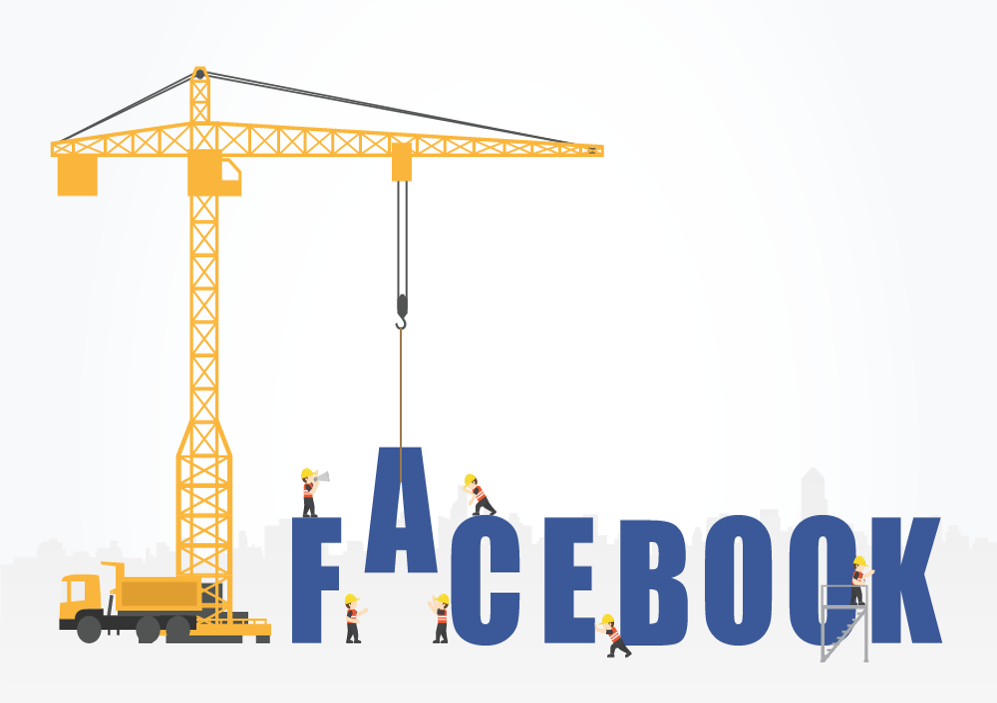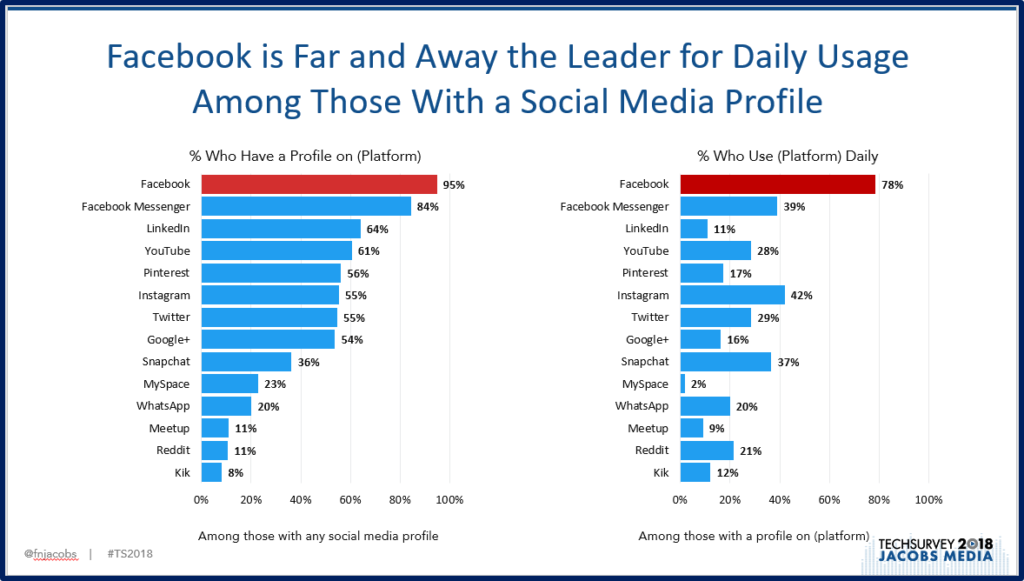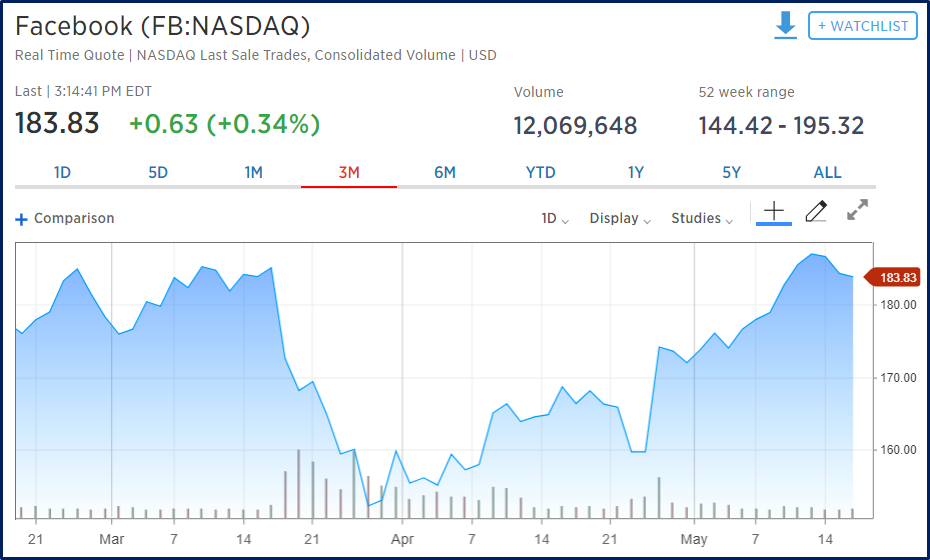
No question about it. Facebook’s been going through a rough patch.
As conventional wisdom shows, teens are abandoning the platform, adults are sick of the politics and the trolls, the ads are creepy, and the click bait is annoying. And we haven’t even mentioned the successful Russian propaganda campaign that some say is still going on today.
How the mighty have fallen. Facebook was once the biggest, most powerful social media platform, used by nearly two billion people. Its stock price was stratospheric, but now losses to both the company and its founder, Mark Zuckerberg, have run into many billions of dollars.
And then it got worse. When the digitial poop hit the fan, it compelled the usually private and elusive Zuckerberg to actually put on a suit, and show up in Washington, D.C. to be drilled by legislators seemingly incapable of charging their iPhones.
To combat all these problems, not to mention an image that has taken a pounding this year, Facebook has voluntarily entered “image rehab.” The first sign that it wants to change its ways started with a slick new TV campaign you will encounter over the next several months. The campaign is called “Facebook Here Together.”
Here’s the spot that’s running right now:
These spots are just of the iceberg in Facebook’s larger campaign to give itself a new image coat of paint. Aside from TV, there’s movie theater clips, online ads, and mass transit.
As for the commercial itself, it has a very retro feel (if it’s possible to say that about a brand that’s only been around in its current form for just a dozen years). The spot’s creators go back to Facebook’s roots to present a nostalgic reminder of how we felt when we first started connecting with our long-lost friends from high school on the platform.
Aside from the feel-good messaging, however, a deeper scan at the copy shows a company that isn’t exactly taking responsibility for all the things that have gone wrong these past few years.
The line, “But then something happened” is the point in the spot where logic and transparency disappear. Facebook makes it sound like they’re the victims of “spam, clickbait, fake news, and data misuse” – and not us.
Most Facebook critics believe this is nothing new – that the company’s willingness to heal itself has been suspect over the years. At every opportunity, Facebook really hasn’t reformed itself.
And yet, none of that means this campaign won’t be successful, because it’s well done and Facebook will no doubt support it with leftover change from their coffee fund. Run with enough frequency, it could go a long way toward rehabilitating Facebook’s image, and making us forget about what Russian hackers have been up to these past few years.
But as for the claims that I made at the beginning of the blog, well, they’re bit of an exagerration. In reality, Faceboook continues to be a stalwart in the social media space. The chart below from our newly-released Techsurvey 2018 shows social media “cume” (on the left) and “time spent socializing” (on the right) visiting at least once a day.

Once again, Facebook leads the social media league in both reach and frequency, even as competitors like Instagram and Snapchat make gains. If I’m Facebook, I’m not about to start trading places with any of these other social ecosystems. No one can touch the big dog.
And there’s Facebook’s cratering stock price. Except it’s not. And in the last few weeks, it quietly worked its way back to close to where it was before the “fake news” stories amped up. Yesterday, Facebook closed “up” yesterday at nearly $184 a share. The chart below shows that while shares took a sizable dip in late March when all the bad news was fomenting and festering, it was just a blip on the curve. Facebook stock is pretty much back to where they were before U.S. law enforcement agencies concluded it was the most compromised social network during the last election.

Time, some image marketing, a birthday, wedding, or a Bat Mitzvah later, and most of the people whining loudest about Facebook today will all be back posting memes, emojis, and even politcially jousting with one another. And in fact, the Laurel/Yanny controversy we blogged about yesterday is proof positive that a lame debate on Facebook that goes viral is always a good diversion from Stormy Daniels, Hawaiian volcanoes, and Kim Jong-un.
Even as Facebook endures criticism from many camps, its prognosis for future dominance and profitability are excellent. All the vital signs indicate this social media juggernaut will emerge in great shape.
Besides, if things get gnarly again, Zuckerberg’s social network can always go back into rehab, and return with a fresh new slogan:
Classic Facebook.
Don’t laugh. It worked for Coke.
Thanks to Wade Pressel for his artwork expertise.
- 5 Lessons For Radio From The Apple Watch - May 5, 2025
- DJs And Baristas: Can They Save Their Companies? - May 2, 2025
- Radio’s New Audience Equation: Z Over Y = Trouble - May 1, 2025




So funny & true…